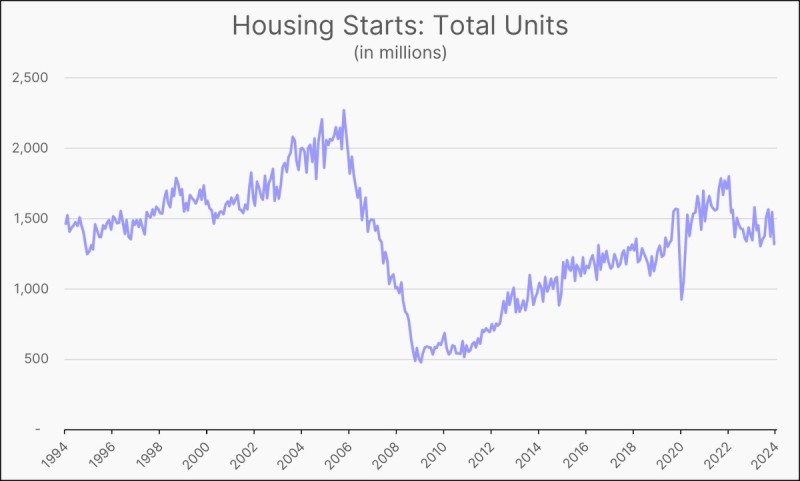
MBA: Proposed Rule Would Stifle Securitizations

In letter to SEC, MBA says proposed rule on conflicts of interest is overly broad.
The Mortgage Bankers Association says a rule proposed by the Securities and Exchange Commission to prevent conflicts of interest in securitizations is “overly broad” and could inadvertently stifle securitizations.
The SEC proposed the rule in January to essentially prevent some of what happened during the 2008 crisis related to the short sale of asset backed securities and credit default swaps. The rule will "help address conflicts of interest arising with market participants taking positions against investors’ interests," SEC Chair Gary Gensler said.
In a letter dated Monday and addressed to SEC Secretary Vanessa A. Countryman, the MBA asks the commission to review its concerns and urges it to narrow the rule’s scope. The letter is signed by Mike Flood, senior vice president of commercial/multifamily policy & member engagement for the MBA, and Pete Mills, SVP of residential policy & member engagement.
According to the letter, proposed Rule 192 under the Securities Act of 1933, when adopted in its final form, will implement Section 27B of the Securities Act, which “prohibits certain material conflicts of interest in securitizations, subject to the exceptions set forth therein.”
“MBA appreciates the need for the commission to curb transactions that represent a ‘bet’ against a securitization and present material conflicts of interest between certain securitization participants and investors,” the letter states. “The proposed rule, however, is flawed in several respects and presents a significant risk to the efficiency of our securitization market and the crucial role it serves in providing liquidity to the overall financial system.”
The letter states that securitization is “a vital component of commercial and residential mortgage lending as it provides access to much needed capital and the ability to effectively manage risk. The proposed rule, as written, is overly broad and could inadvertently stifle the securitization markets and access to capital.”
Among its concerns about the proposed rule, the MBA says “servicers and special servicers” should not be considered sponsors, and recommends that the definition of “sponsor” be revised to reflect this concept.
“The current definition of sponsor does not clearly and explicitly exclude servicers and special servicers,” the letter states. “The definition of sponsor states that an entity that directs or causes the direction of the design of an asset-backed security is a sponsor and that servicers should fall within the exclusion in the definition of ‘sponsor’ if they only perform activities ‘relating to the ongoing management and administration of the entity that issues the ABS.”
MBA states that servicers and special servicers engage in a variety of activities, including administering mortgage loans and, in the case of special servicers, negotiating modifications of the mortgage loans. “These activities do not constitute direction of the design of the asset-backed security and the proposed rule should be explicit in excluding them.”
Other concerns raised in the MBA’s letter include:
- B piece buyers in Commercial Mortgage Backed Securities (“CMBS”) are investors and should not be considered sponsors. It recommends the definition of “sponsor” be revised to reflect this concept.
- Mortgage insurance-linked notes (MILNs), which are reinsurance-based note structures with an insurable interest and significant risk retention, should not be viewed as a conflicted transaction as defined in the proposed rule, and
- As written, the proposed rule will likely create detrimental limitations on Credit Risk Transfer (CRT) transactions, which financial institutions use to effectively manage their credit risk.
The letter concludes by stating that the MBA “appreciates the opportunity to provide feedback on the proposed rule and we urge the commission to carefully review the comments submitted and make revisions that appropriately narrow the rule’s scope in order to avoid negative impacts to the liquidity and risk management needs of financial institutions.”




